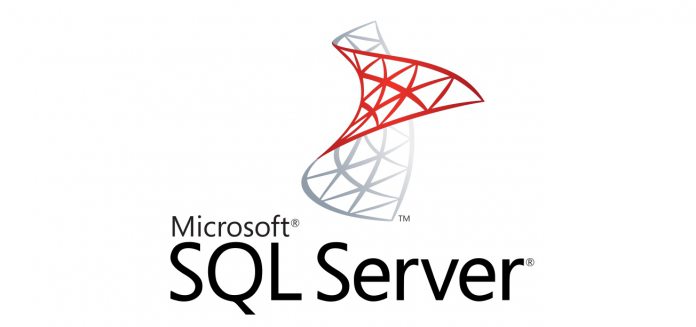Microsoft has announced the Java extension for its SQL Server 2019 is now available as an open-source tool. Language extensions are used in SQL Server and allow users to execute code externally for queries.
Specifically, the Java language extension leverages the Extensibility Framework API for SQL Server 2019. By open sourcing the extension, users can develop additional programming language extensions based on the source.
Developers can tap into the extension to integrate runtimes directly into programs while still receiving standard security and governance.
When enable in SQL Server, Java has the following capabilities:
- “This extends the TSQL surface area to better handle use cases involving regular expressions, string handling, and NLP support.
- This functionality also helps in migration scenarios from Oracle, where applications rely on Oracle Java procs in the database. With the ability to execute Java inside stored procedures in SQL Server, there is now a path for enabling Java application migrations to SQL Server.
- Java application development teams that leverage SQL Server as backend storage can now even embed Java code in stored procedures which enables pushing business logic down into the database for better performance.
- Furthermore, this will help avoid unnecessary data movement and latency when data must be retrieved from SQL Server and moved into the app tier to do the business logic processing.”
SQL Server 2019
Microsoft’s latest version of SQL Server arrived in general availability last November. Among the new features coming with the latest version are Scalar UDF inlining, always-on connection, and the ability to run on Linux. Other new tools include a container registry and Big Data clusters.
“SQL Server 2019 enables enterprises to gain intelligence over all data types, both structured and unstructured, by combining the power of new big data clusters with enhanced data virtualization,” said John “JG” Chirapurath, Microsoft’s general manager of Azure Data & AI, in the blog post.






